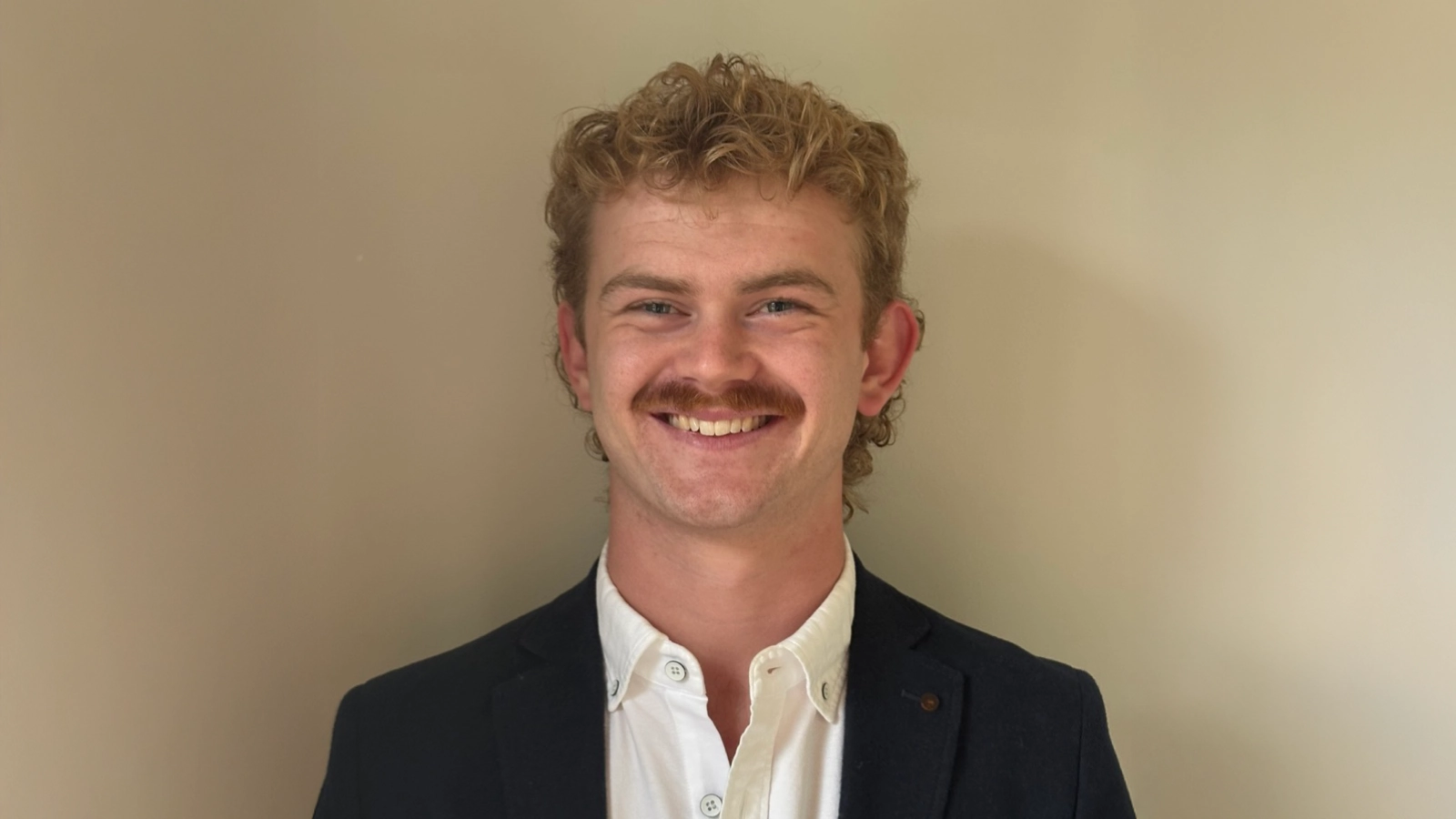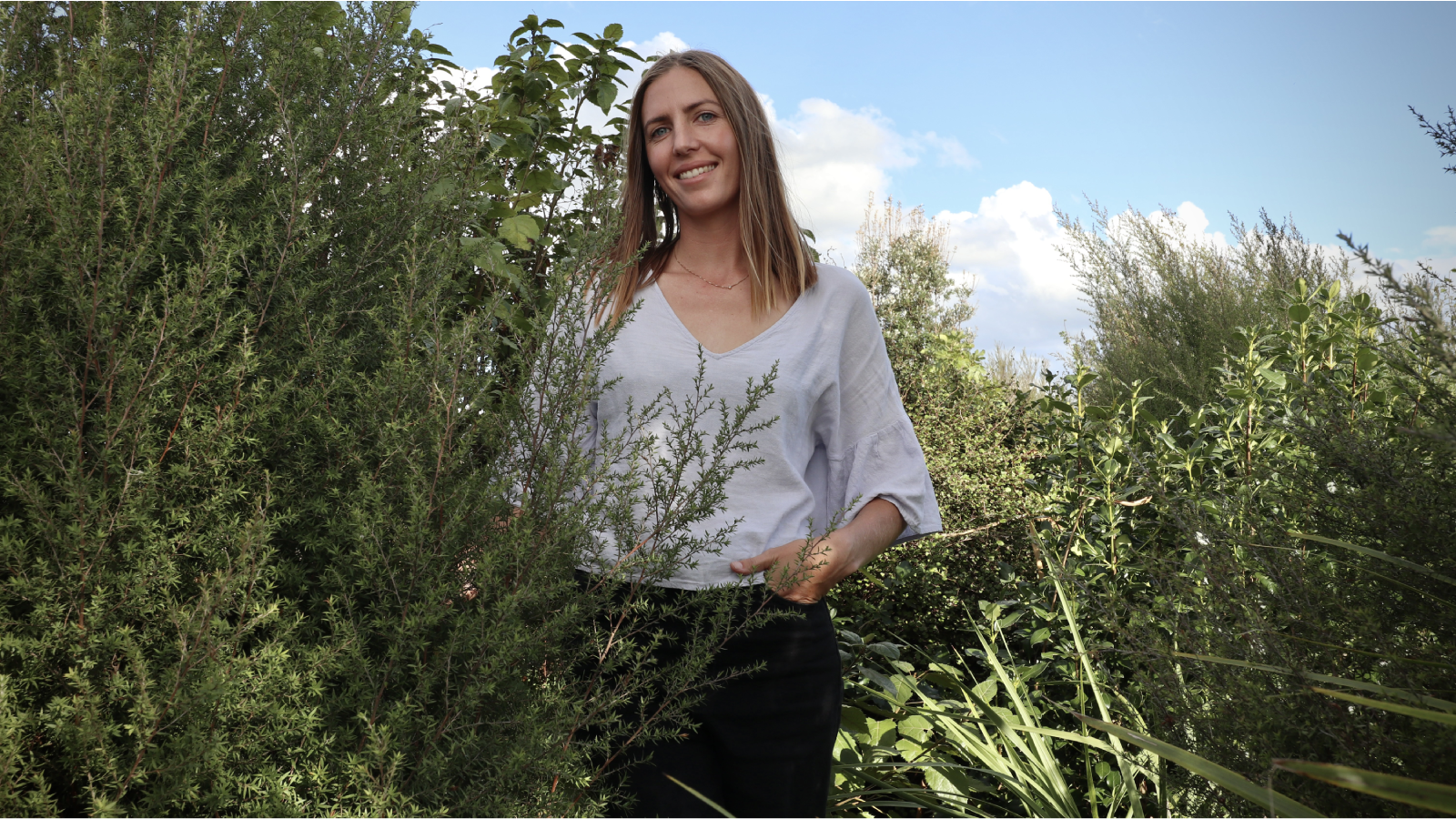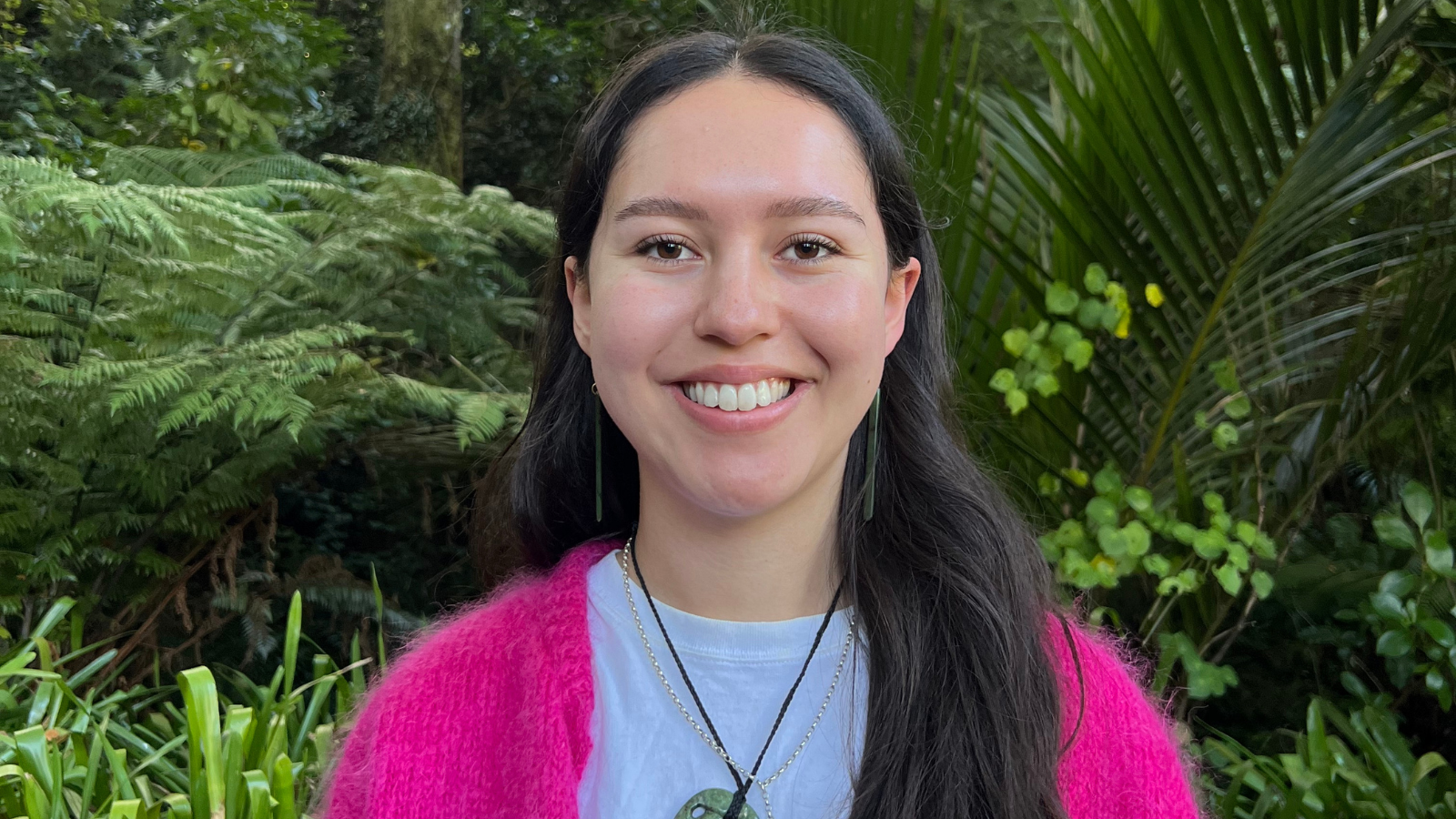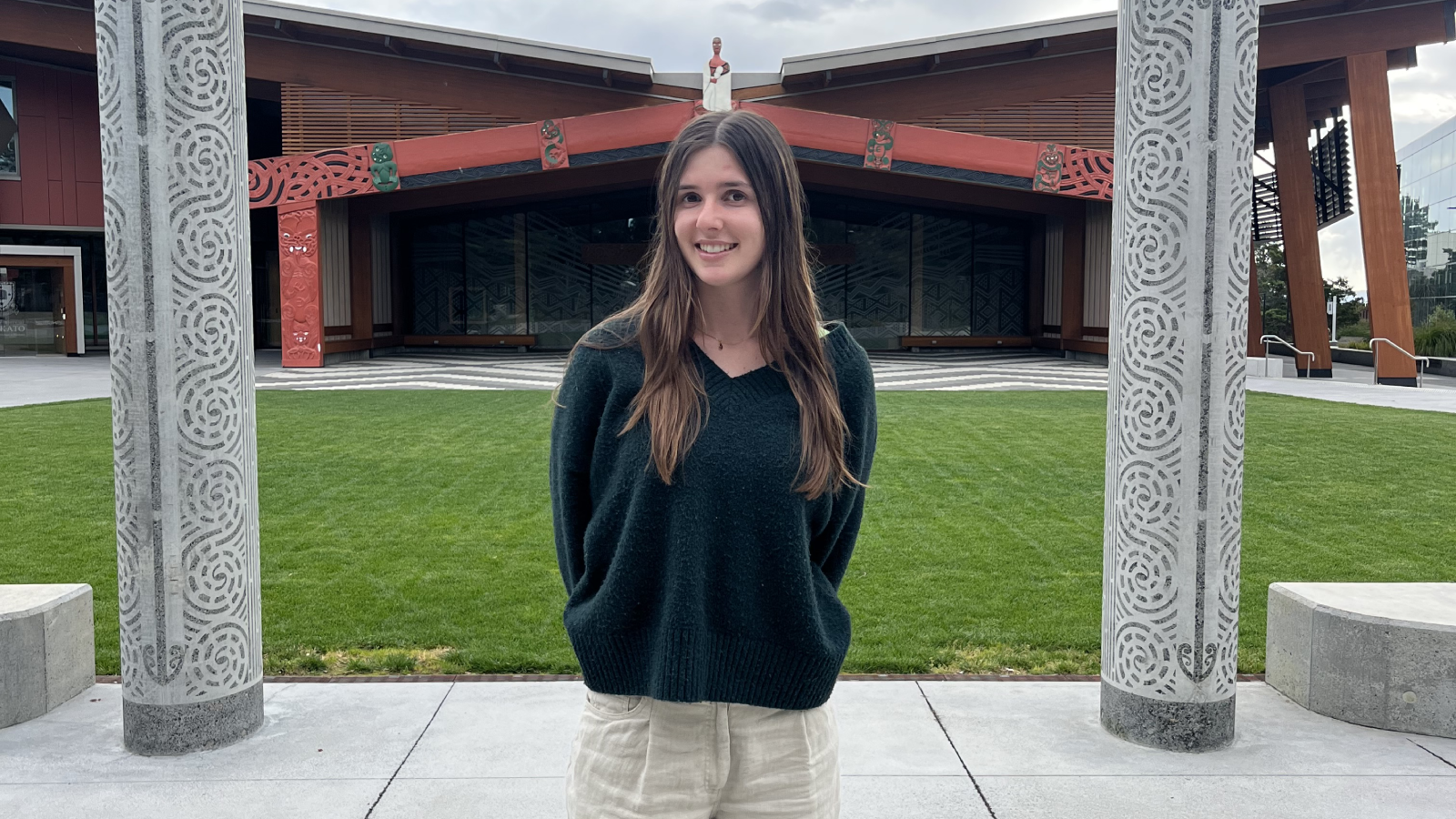University of Waikato researchers are undertaking a pivotal study into the treatment of patients with Type 2 diabetes as they try to improve health system factors that can lead to better prescribing of medication for Māori and Pacific patients.

Photo by Towfiqu barbhuiya on Unsplash
Around 260,000 New Zealanders have Type 2 diabetes and the disease costs New Zealand’s healthcare system $2.1 billion a year. The number of New Zealanders with Type 2 diabetes is expected to grow by up to 90 percent over the next 20 years and Māori and Pacific patients are overrepresented in both case numbers and negative health outcomes.
Dr Lynne Chepulis has received $1.4 million from the Health Research Council for a four-part study over three years that will explore the factors that lead to inequities in access to medications for Māori and Pacific patients.
Outcomes for Māori and Pacific patients with Type 2 diabetes have not improved in 20 years and a focus of the study is also co-designing treatment plans in a bid to provide best practice treatment models for the New Zealand primary healthcare system.
New Zealand research suggests that many Māori and Pacific peoples with Type 2 diabetes are less likely than non-Māori or non-Pacific to be prescribed the appropriate medications. In some cases, they are prescribed no medication at all.
“The New Zealand health system is very western focused, and we know it doesn’t typically work well for many Māori and Pacific patients. There is still a lot of systemic racism which hasn’t been addressed and while there have been many initiatives launched to improve outcomes for Māori and Pacific patients with Type 2 diabetes few have focused on increasing access to medication,” says Dr Chepulis.
Dr Chepulis has also received a $110,000 Health Research Grant from NZ Lotteries for an 18-month study to investigate the use of blood glucose monitors to support the management of poorly controlled Type 2 diabetes in primary care. The monitors will be used to educate patients about how to effectively manage their blood glucose levels and the study will include a wraparound service with one-on-one support and whānau visits.
“Both studies are connected to reducing the inequity in treatment for Māori and Pacific patients and the wraparound services in both studies are key,” says Dr Chepulis.
“Type 2 diabetes is a complex disease, and most patients will not just have Type 2 diabetes; they will have cardiovascular disease or renal disease as well and the issues affecting inequitable treatment are many,” says Dr Chepulis.
Barriers to equitable treatment included clinical inertia, where many factors often contribute to GPs not prescribing the recommended medication, or not prescribing any medication at all. Other issues include the cost of accessing care and medications, a lack of Māori and Pacific healthcare practitioners and patients who were not regularly seen by health practitioners, or were not seen at all until they presented with serious illness or some other issue which needed immediate treatment. Behind all of this was also institutional racism in a westernised health care system not tailored for Māori and Pacific patients.
The study will assess prescribing data from four Primary Health Organisations in the Waikato region and part of Auckland to see if patients were appropriately prescribed medications and what treatments they received. The study will also include surveys, focus groups and semi-structured interviews with GPs to understand prescribing practices and co-design new processes. Following that there will be a six-month trial with a small group of GP practices to see if prescribing and treatment is improved with a new process.
“We are not expecting to find a quick fix all through this work but what we hope to find is a series of different approaches that might work more effectively than the current system,” says Dr Chepulis.





